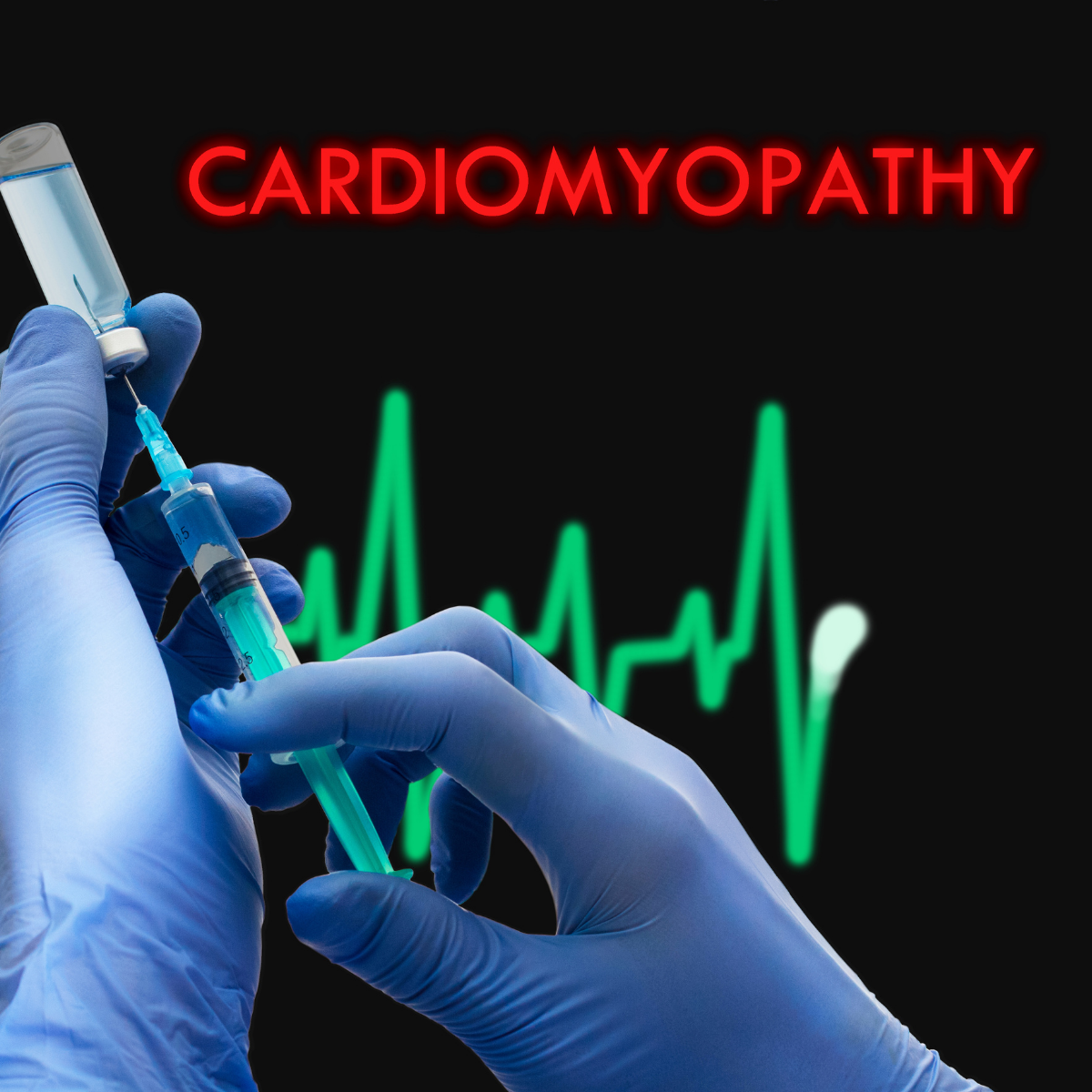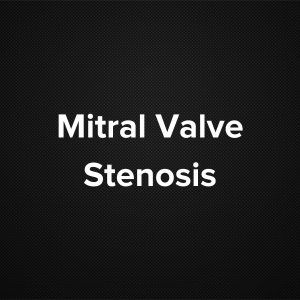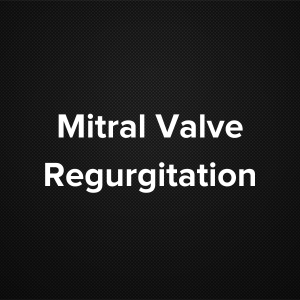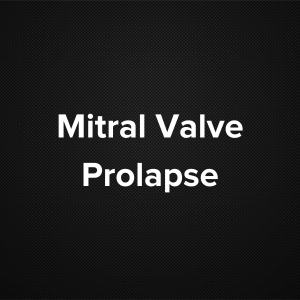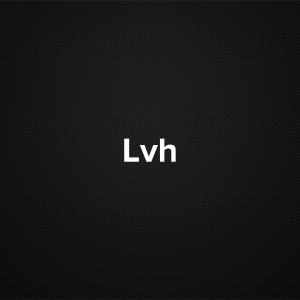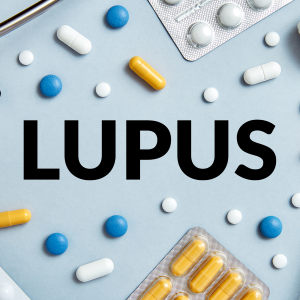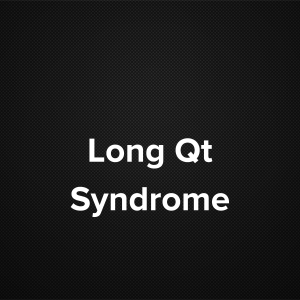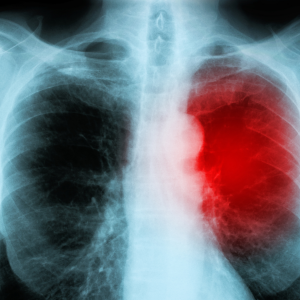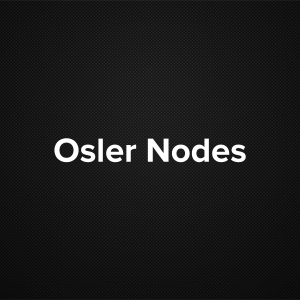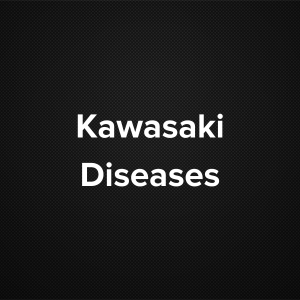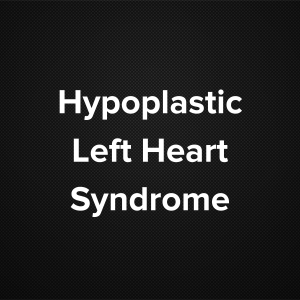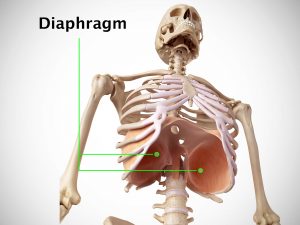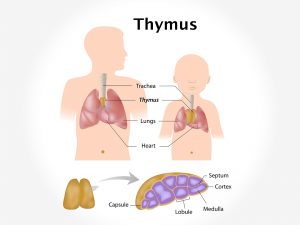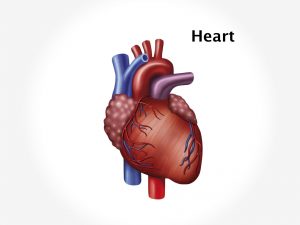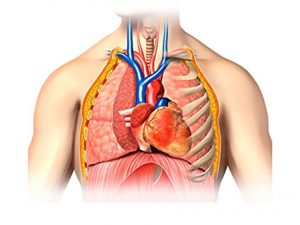Causes and risk factors
The exact cause is unknown. It is caused due to some genetic mutations. HCM can run in families. It can be acquired as a result or high blood pressure or aging. It is of two types – obstructive and non obstructive. In obstructive HCM, the wall of ventricles thickens, while the size of the ventricle remains normal. This causes obstruction in the outflow of blood. Sometimes the septum thickens and bulges into the ventricle. This also leads to obstruction. HCM can affect valve especially mitral valve. This causes backflow of blood into the atria. But this doesn’t obstruct the blood flow, hence called as non obstructive HCM.
Clinical presentation
Patient with HCM presents with signs and symptoms such as chest pain, dizziness, fainting, especially during exercise, shortness of breath, palpitations. Patient may complain of fatigue, fluttering, pounding heart beats. Heart murmur can be heard on auscultation. Heart failure can occur in some patients. Sudden death due to cardiac arrest can also occur.
Investigation
Medical history by the patient and Clinical examination by the doctor helps in diagnosis. A heart murmur can be heard on auscultation which will suspect an abnormality in heart. Routine blood tests, Echocardiogram, Electrocardiogram are advised. Chest x-ray may be needed. Stress test is done. Imaging studies such as Magnetic resonance imaging [MRI] is useful for further evaluation. Transthoracic echocardiogram, transoesophageal echocardiogram is recommended. Surgical intervention includes cardiac catheterization.
Treatment
Treatment is aimed at preventing symptoms and complications and includes risk identification and regular follow-up, lifestyle changes, medications, and procedures as needed. Lifestyle modifications include eating heart healthy diet, fluid and Salt restrictions, regular physical activity. Medications involve anti-arrhythmic medications, anticoagulants, antibiotic medications. Surgical intervention such as septal myectomy, ethanol ablation, implantable-cardioverter defibrillator may be required.
Other Modes of treatment
The other modes of treatment can also be effective in treating Hypertrophic cardiomyopathy.
Homoeopathy is a science which deals with individualization considers a person in a holistic way. This science can be helpful in combating the symptoms. Similarly the ayurvedic system of medicine which uses herbal medicines and synthetic derivates are also found to be effective in treating Hypertrophic cardiomyopathy.
